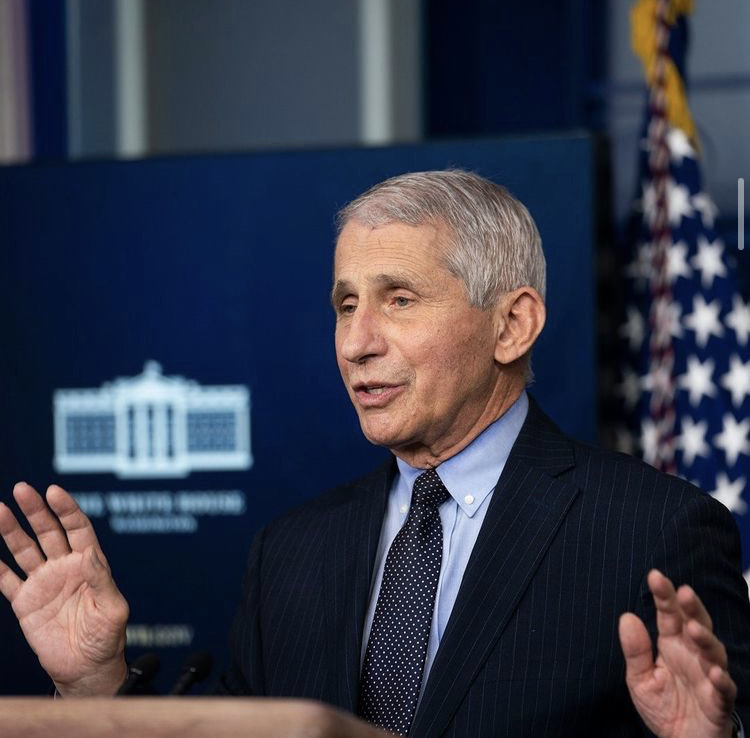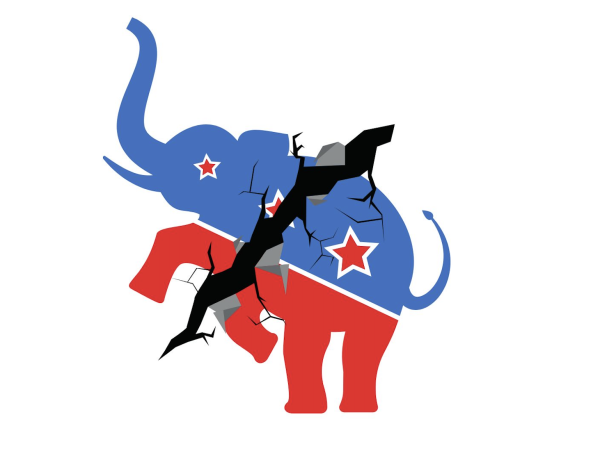Dr. Fauci discusses advisor role for Trump administration in New York Times interview
January 26, 2021
As director of the National Institute of Allergy and Infectious Diseases, as well as playing the role of chief medical advisor to the president, Dr. Anthony S. Fauci has dealt with an abundance of global and domestic public health issues.
He has held this position for nearly 40 years – serving seven presidents in that time – and yet only recently caught the attention of the general public.
Over the past year, he has served as a source of guidance for the United States as the COVID-19 pandemic raged across the country.
On Jan. 24, the New York Times published an article titled “Fauci on What Working for Trump Was Really Like” which features sections of an interview conducted with Fauci regarding his experience working in the Trump administration during the pandemic.
This is the first time the public has heard Fauci’s side of the story concerning the negative reactions from the public to the contradictions he made in response to unsubstantiated COVID-19 claims made by former President Donald J. Trump.
The interview opens with Fauci claiming that he started to realize there was a growing rift between the former President and himself when COVID-19 cases increased in the northeast, particularly when the New York metropolitan area emerged as an epicenter.
Fauci said “‘I’m not going to proactively go out and volunteer my contradiction of what the president said.’” In reference to when things began to take a turn in February with Trump stating that the virus was going to simply disappear.
University freshman Jacquie Keesee said, “I admire Dr. Fauci’s maturity during the former president’s childish and selfish response to the devastating COVID-19 pandemic.”
Keesee continued, “When Fauci was asked for facts, he told the truth, even when his life was being threatened by those who denied the severity of the national crisis. And when Trump blatantly lied to the American public, Fauci knew he had to tell people what they needed to hear because this situation is a matter of life or death on an international scale. That, to me, is extremely admirable.”
Throughout the conversation, Fauci makes it clear that he respects any and every president, and that the negative reactions he ran into concerning his contradictions were from the people around Trump, rather than from Trump himself.
He says that while no one directly confronted him, the White House Press office published a list of his own statements with the claim that they were not true, and people such as the White House Chief of Staff, Mark Meadows, would call him after an interview or story in a paper to ask if he was going out of his way to contradict the president.
Fauci reported that his family began to be threatened back in March of 2020, the occurrence of which prompted the state to give him a Secret Service detail.
He received death threats from unknown people who Fauci believes thought that his presence in the administration was ruining Trump’s chances of re-election in the coming months.
Despite the opposition, he never had any intention of quitting and never truly believed he was in any danger of being fired even when Trump threatened to do it at a rally in Pennsylvania on Nov. 1. He ultimately said he was content with being an outsider to the administration if it gave him the opportunity to continue to try to handle the pandemic.
Fauci said, “‘Even if I wasn’t very effective in changing everybody’s minds, the idea that they knew that nonsense could not be spouted without my pushing back on it, I felt it was important. I think in the big picture, I felt it would be better for the country and better for the cause for me to stay as opposed to walk away.’”
For the future, Fauci has stated that he would like to continue working on halting the spread of coronavirus, and when that is achieved, returning his focus to his life-long professional projects that deal with the global spread of HIV/AIDS, influenza, malaria and tuberculosis.












